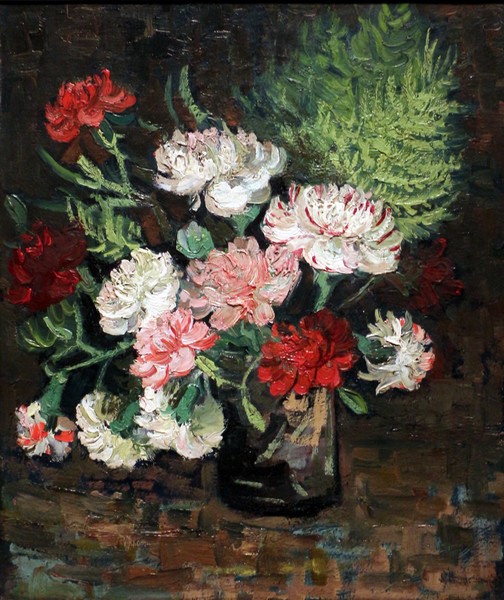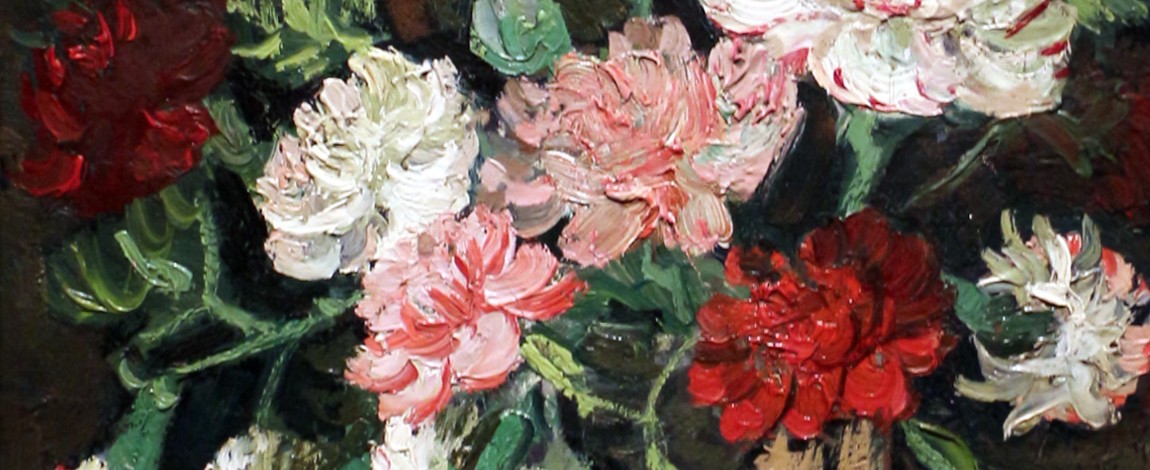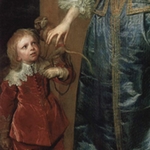
To write this article, I've thought about crimes among consanguineous that I remembered, both fiction and reality. The most common family crimes in thrillers are committed between brothers and sisters; because of jealousy (and often are homicides, rather than murders), or for attaining power. There are also children who kill their parents to come to power or to inherit, and some parents who kill their children, usually due to an obscure family reason that comes from afar.
In real life, we need to think about the noble and royal European families (and elsewhere, I suppose) who have lost fathers, sons, and brothers over the centuries owing to unexplained ambushes, spoiled food or all sorts of strange circumstances. I am referring to fathers, sons, and brothers because, statistically speaking, those crimes used to involve men; among other reasons, because power used to involve mostly men.
In my review, I didn't find any case that resembles the one that tells this week's song, and that in a tabloid newspaper would read a succinct headline: “Mother kills daughter to take her husband.” The thing begins this way: A king's daughter is dying, and no one at court can do anything about it. The young woman has taken farewell to almost everyone, when finally, her mother goes to visit her, and asks her to make her last will. As with these centuries-old stories, from here on, there are several versions of this romance, shorter, and longer, but they are essentially the same.
When the daughter accuses the mother of poisoning her, she is horrified and told by the mother to confess her sins, including the lie. The daughter, who has already confessed and has no intention of repenting the accusation, then proceeds to make her last will. In the longer versions, she gradually lists his possessions and who he leaves them: the brothers, the poor, the church. She wants to be buried in the most valuable costumes and jewels, and her mother complains about so much wealth being rotting in a grave. Yes, mom is covetous. Toward the end of the romance, the daughter says what she leaves to her mother: her husband, so as she can enjoy him freely. In secret, she has enjoyed him for a long time. Above all, mom is driven by lust.
The king is sometimes present at this dialogue, and he is amazed that the daughter accuses her mother of murder and adultery; when the mother denies it, the daughter says she has proof of it, some letters (I'm not sure which future awaits mom…). In others, the daughter leaves one more thing to his mother: her slippers, so that when she goes down the stairs she falls and breaks her neck. Honestly, my favourite version, very common, is a short one: the first stanza raises the situation; the second accuses the mother of murder; the third accuses her of adultery; and the fourth, wishes her death.
We Catalan people have been singing this edifying traditional song for centuries, El testament d'Amèlia [Amèlia last's will], which has a simple but beautiful melody that speaks more of sadness than of hatred and betrayals. So that, when we hear it without paying attention, the story that it tells remains hidden. Until the day we listen to it and pay attention to the lyrics, of course. Some sources believe that their origins date from the 14th century. Others attribute the authorship to Mafalda of Barcelona, daughter of Ramon Berenguer III and Dolça de Provença, and this would place the romance in the 12th century. We don't know who Amèlia is, whether the romance is based on facts, or if Mafalda had a very vivid imagination, or both.
Since the late 19th century, when an interest in traditional song arose, many harmonizations and arrangements of El testament d'Amèlia have been made. Miquel Llobet's solo guitar version is probably the oldest, and the most recent are from a couple of years ago. The story of the Amelia continues to shock people today.
Among the many versions existing, we find some that have been tempered. This is the case with our song today, the fine harmonization of Manuel García Morante. We'll know that Amelia has been killed by her mother (we'll even know how mom poisoned her daughter, with a bouquet of flowers; this is the case in Adriana Lecouvreur opera, isn't it?), but we won't know why.
And why is this version? Because we're listening to a voice that is 100 years old today: the voice of Victoria de los Ángeles. I hope you enjoy the performance of the great soprano, accompanied here by Geoffrey Parsons.
Below is my English translation of the song; there is a double meaning in the refrain that I was unable to translate, so please allow me to explain about it. The refrain reads: “Ai, que el meu cor se'm nua”, with the word “nuar” meaning “to knot”: the princess, very ill, feels like her heart is failing. But “nuar-se el cor” also means to become deeply sad or moved when you know bad news.
N'Amèlia està malalta,
la filla del bon rei,
comtes la van a veure,
comtes i noble gent.
Ai! Que el meu cor se’m nua
com un pom de clavells.
També hi va sa mare
quan ja no hi ha remei.
– Filla, la meva filla,
de quin mal us queixeu?
Ai! Que el meu cor se’m nua
com un pom de clavells.
– Mare, la meva mare,
bé prou que ho sabeu:
metzines m'heu donades
que nuen el cor meu.
Ai! que el meu cor se’m nua
com un pom de clavells.
Metzines m'heu donades
amb un pom de clavells,
amb un pom de violes,
roses i pensaments.
Ai! Que el meu cor se’m nua
com un pom de clavells.
Amelia is ill,
the good king's daughter,
earls go to visit her,
earls and molt noble people.
Alas! My heart is becoming knotted
like a bunch of carnations.
Her mother also goes,
when she's beyond hope.
- Daughter, my daughter,
what illness is afflicting you?
Alas! My heart is becoming knotted
like a bunch of carnations.
- Mother, my mother,
you know it well:
you gave me a poison
that is knotting my heart.
Alas!My heart is becoming knotted
like a bunch of carnations.
You gave me a poison
with a bunch of carnations,
with a bunch of violets,
of roses and pansies.
Alas!My heart is becoming knotted
like a bunch of carnations.
















